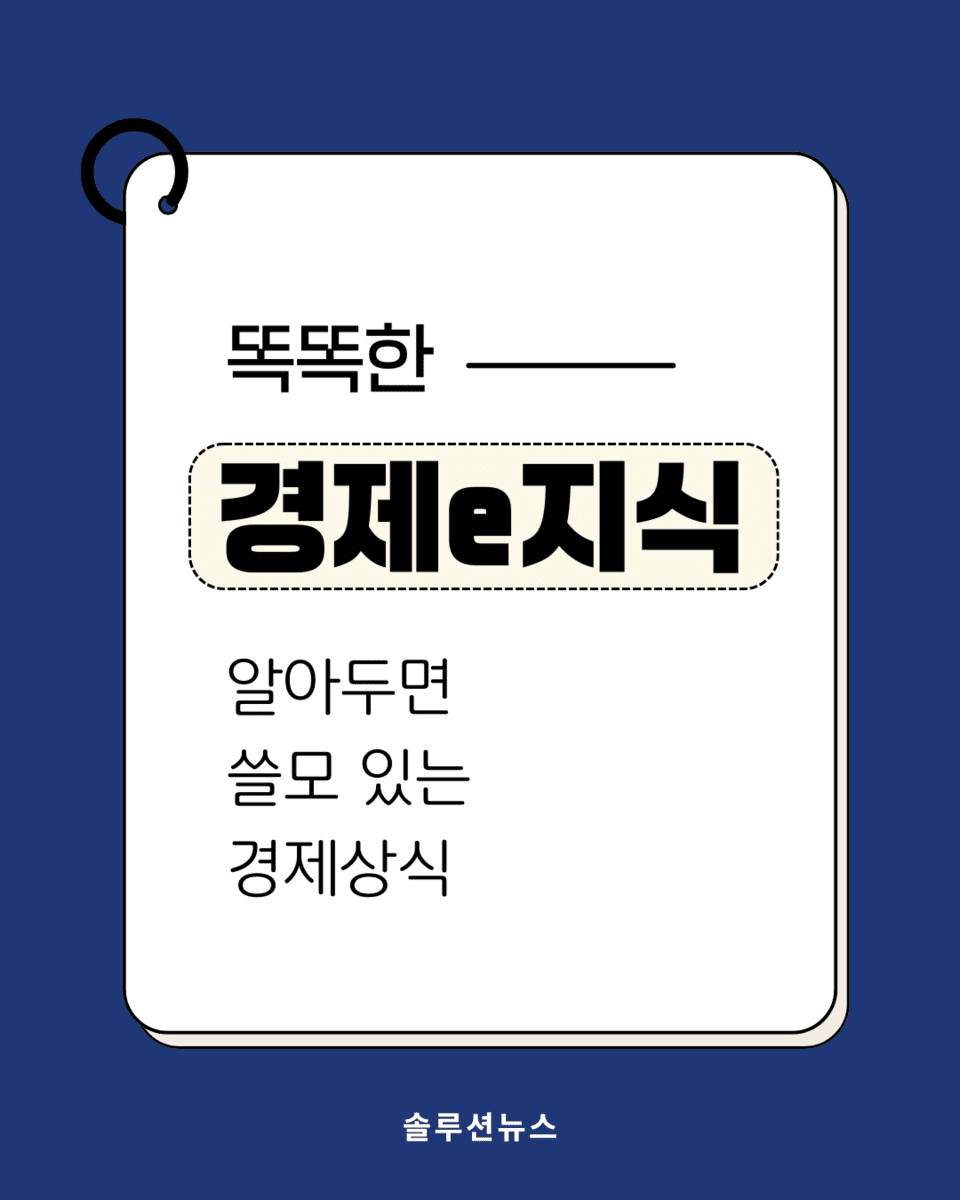Futures trading is a contract to buy or sell assets at a predetermined price at a specific time in the future. It serves dual purposes: ‘hedge’ to avoid price fluctuation risks and a ‘speculation’ tool to realize profits through price prediction.
Futures trading is a type of derivative and targets a variety of underlying assets such as stocks, bonds, currencies, commodities, interest rates, and indices. The actual assets are not exchanged at the time of the contract; rather, the transaction is completed through delivery or cash settlement at a pre-determined future date.
The basic structure is simple. For example, if a futures contract for crude oil maturing in September is signed in June at $70 per barrel, the contract holder must execute the transaction at $70 in September regardless of the actual price then. If the September price is $80, the buyer gains a profit while the seller incurs a loss. In the opposite case, the gains and losses are reversed.
Futures trading is conducted in standardized contract units through exchanges. The exchange operates a central clearing house (CCP) that assures settlement, enhancing the stability and transparency of the transaction. All traders must deposit margin at the start of trading, with gains and losses settled daily according to market price changes. This is called ‘Daily Settlement.’
The biggest advantage of futures trading is the ‘leverage effect.’ Only a portion of the total contract amount is required as margin, allowing for high returns relative to capital. However, this also amplifies losses, making risk management essential.
The market can reduce price fluctuation risks through futures trading. A farmer can fix a price in advance through futures to avoid the threat of a market price drop before harvesting. Conversely, a commodity import company can stabilize purchase prices to improve profit predictability. In this way, futures are utilized as a risk management tool.
Simultaneously, investors aiming for profits by predicting price directions also participate. They are not interested in physical delivery but focus on profiting from the buying or selling of contracts. A significant portion of market participants in futures trading engages with speculative purposes.
Futures trading demands advanced financial knowledge and experience. As profitability is determined by contracts alone without physical transactions, various elements, including the price movement of the underlying asset, interest rates, exchange rates, and political risks, must be considered.
In Korea, the Korea Exchange (KRX) operates the futures market. Various products, including KOSPI200, USD/KRW, gold, and national bonds, are listed, and individual investors can participate through HTS or MTS. However, financial authorities recommend a thorough understanding and preliminary education due to the high-risk nature of the trade.
Futures trading can either be a way to mitigate risks or a tool that amplifies them. Without an understanding of the system and strategic application, anticipated profits can turn into greater losses. As each contract embodies both profit and loss, futures, as their name suggests, are a promise and a technique of prediction for the future.
